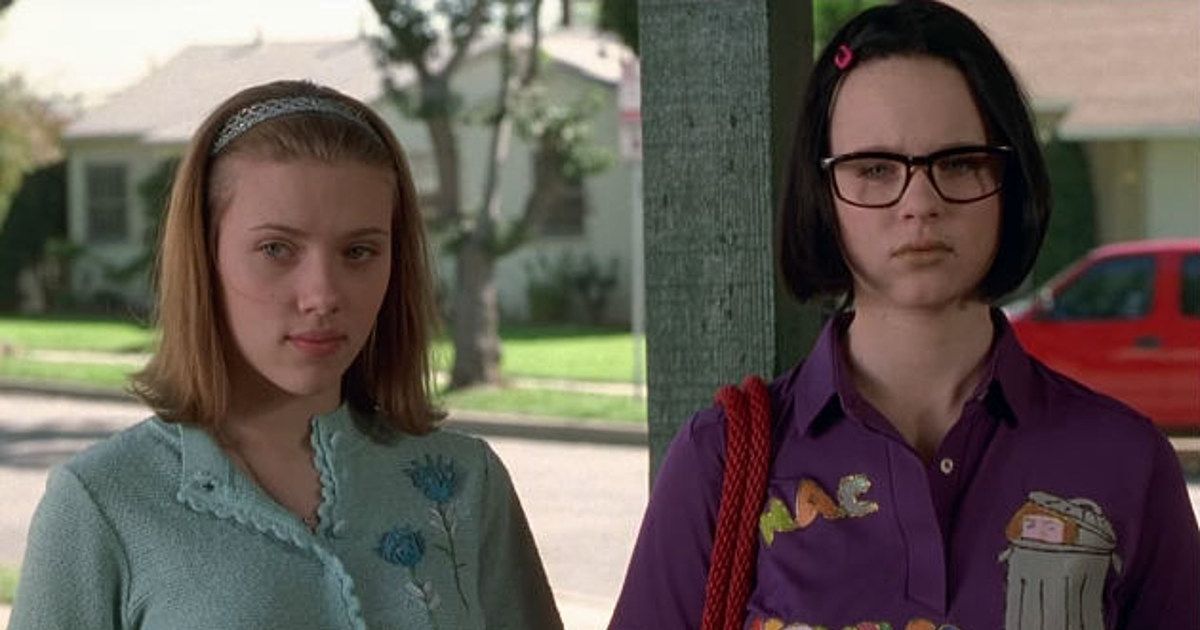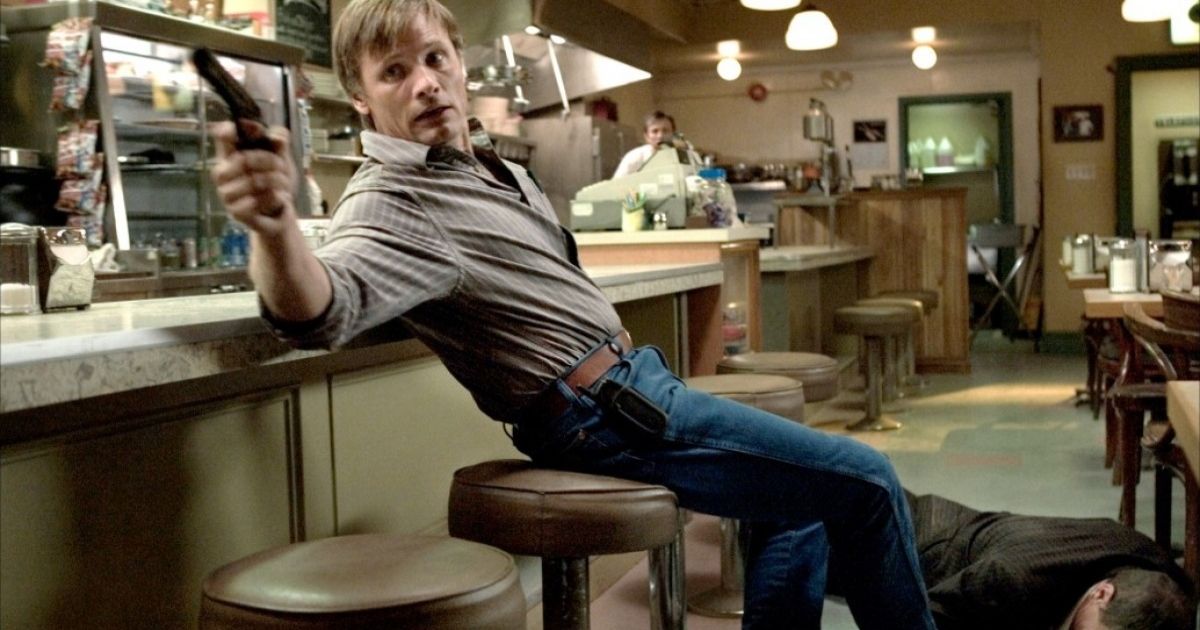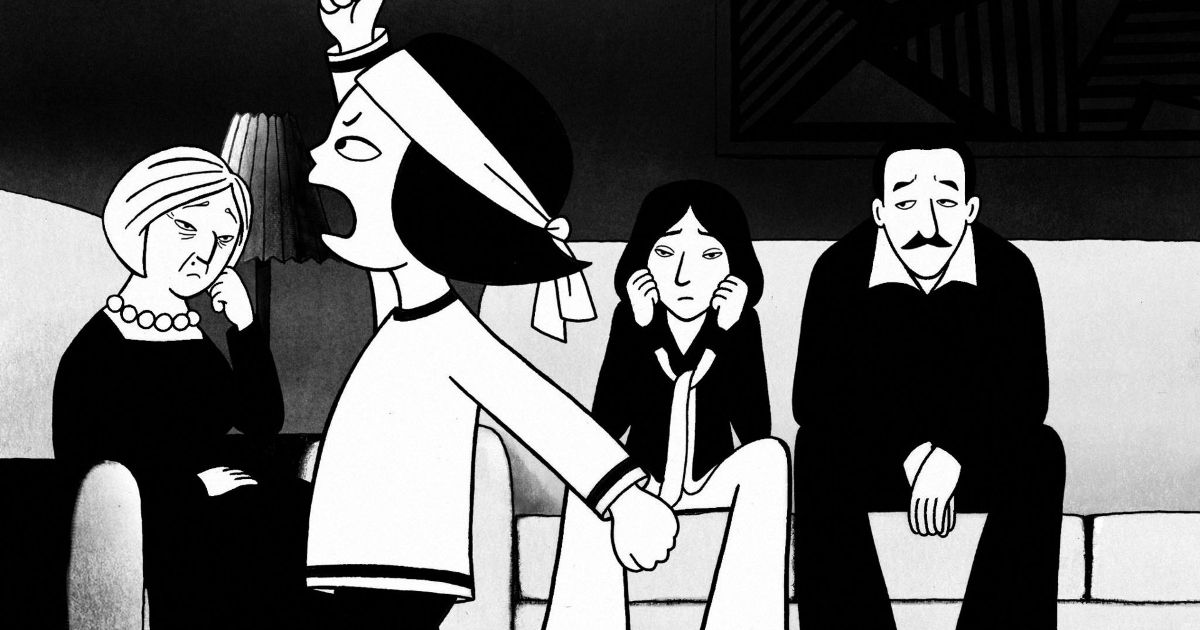When someone hears the term comic book movie, they typically assume it means superhero movie. After all, superheroes originated in comic books. The two are forever linked in the minds of many, and some of the most successful comic book adaptations have been superhero movies from the various films of the MCU to DC's different heroes like Superman: The Movie, The Dark Knight, and Wonder Woman. Heroes not from Marvel and DC like The Rocketeer, Hellboy, Judge Dredd, and more have also found their way to the big screen.
Yet comic books are an art form that features more than just superheroes. Comic books are not a genre but a tool in which to tell a wide variety of fantastic stories, ranging from science fiction, coming-of-age chronicles, comedies, and even serious dramas. Running alongside the boom of superhero movies in the wake of Batman in 1989 have been various attempts at adapting graphic novels and comic series into feature films that go beyond superheroes. Audiences might not even know that some of these films originated as comic books, since they seem so far removed from the traditional stories they are used to from the format. Here are the eight best comic book adaptations that are not based around superheroes.
8 Men in Black
Before becoming the second-biggest movie of 1997 behind only Titanic, Men in Black originated as a comic book published by Aircel Comics before being acquired by Malibu Comics, which was eventually acquired by Marvel Comics. The Men in Black comics were created by Lowell Cunningham and Sandy Carruthers and, like the film, focused on the top secret government organization MIB; however, the comics not only include aliens but every other form of paranormal creatures, from werewolves to demons.
The film goes for a more high-concept buddy comedy tone and the winning combination of Will Smith and Tommy Lee Jones with a great (and infamously grotesque) villainous performance by Vincent D'Onofrio as The Bug, along with a wonderful sense of imagination and scope from director Barry Sonnenfeld, and Men in Black is a soaring success. It stands as not only a landmark film of the 1990s but a beloved classic that even with all the poor failed attempts at sequels and reboots, still stands the test of time.
7 Scott Pilgrim vs. The World
Created by Bryan Lee O'Malley, Scott Pilgrim was a series of graphic novels that ran from 2004 to 2010. Edgar Wright signed on to work on a film adaptation shortly after the first graphic novel was published in 2004 and the film, Scott Pilgrim vs. The World, was finally released in 2010, the same year the series ended. While Universal Pictures expected a much bigger box office hit due to the positive word of mouth the film received at Comic-Con, the movie nonetheless became a cult hit almost immediately thanks to Wright's direction, which blended comic book and video games aesthetics into an exciting action film.
The film's incredible cast has only grown more impressive over the past few years. Though the film's leads Michael Cera and Mary Elizabeth Winstead were already fairly well known in 2010, as were supporting players like Anna Kendrick, Aubrey Plaza, Brandon Routh, and Jason Schwartzman, the supporting cast has only grown more famous over the years with appearances by Brie Larson (Captain Marvel), Kieran Culkin (Succession), Alison Pill (Star Trek: Picard), Ellen Wong (GLOW), and featured Chris Evans the year he was cast to play Captain America. Scott Pilgrim vs the World remains a high bar for comic book adaptations, and for everyone involved in making it.
6 American Splendor
American Splendor is an adaptation of the comic of the same name by Harvey Pekar, a semi-autobiographical story that makes the film part adaptation and part biopic. Paul Giamatti plays Harvey Pekar in the film (with the real-life Pekar appearing as himself as well, and a narrator of the story); in many ways, the movie set a template for Scott Pilgrim vs the World to follow, as American Splendor also contrasts the mundane normality of the real world with comic book visuals to tell this man's story, making the ordinary extraordinary.
American Splendor won the Grand Jury Prize for Dramatic Film at the 2003 Sundance Film Festival, as well as Best Adapted Screenplay from the Writers Guild of America. It also received an Academy Award nomination for Best Adapted Screenplay but lost to The Lord of the Rings: Return of the King. Since the film's release in 2003, American Splendor has stood as a great example of both how there are many types of stories in comics for films to adapt, just as there are various ways to bring a comic book to the big screen.
5 Road to Perdition
In 2002, the superhero and comic book movie industry changed forever with the release of Spider-Man. Spider-Man had followed the hit of both X-Men in 2000 and Blade in 1998 as well as Blade 2, which opened in theaters two months before Spider-Man. After years, Marvel was on top and Warner Bros. was still struggling to develop new Superman and Batman movies. In 2002, DreamWorks acquired the film rights to a graphic novel titled Road to Perdition from DC imprint Paradox Press, which focused on non-superhero or non-fantasy stories that Vertigo covered.
The Road to Perdition graphic novel was published in 1998 and was written by Max Allan Collins with art by Richard Piers Rayner. The film version was directed by Sam Mendes (hot off of American Beauty) with an amazing cast, starring Tom Hanks, Paul Newman, Jude Law, Jennifer Jason Leigh, Daniel Craig, Stanley Tucci, and future Superman actor Tyler Hoeclin in one of his first acting roles. Released on July 12, 2002, in a crowded summer movie season it grossed $181 million worldwide. Road to Perdition was nominated for six Academy Awards and won Best Cinematography in a posthumous win for Conrad Hall, who passed away two months before the Academy Awards.
4 Oldboy
The 2003 Park Chan-wook movie Oldboy is actually a loose adaptation of a manga titled Old Boy written by Garon Tsuchiya and illustrated by Nobuaki Minegishi, which was published from 1996 to 1998. The story is about a man who is imprisoned in a cell that resembles a hotel room for 15 years without knowing the identity of his captor or his captor's motives. When he is finally released he begins a quest for vengeance to find the person who trapped him, while falling in love with a waitress who has a closer connection to the events than appears.
Oldboy won the Grand Prix at the 2004 Cannes Film Festival and received glowing reviews from Quentin Tarantino (the film festival grand judge) as well as critics like Roger Ebert, and has been placed on many lists of the greatest movie of all time since its release. While many might not know it is based on manga, the film is a testament that a great story can truly come from anywhere.
3 Ghost World
Ghost World was not a box office hit when it opened in theaters back in 2001, but much like the comic it originated from, it was likely never supposed to be, and was always meant to be a cult favorite. Based on the comic book of the same name by Daniel Clowes that was published from 1993 to 1997, Ghost World focuses on the lives of two teenage outsiders, Enid (Thora Birch) and Rebecca (Scarlett Johansson) whose friendship undergoes a rift as Enid takes interest in an older man named Seymour (Steve Buscemi), and becomes determined to help his romantic life while Rebecca is worried about their future at college.
Director Terry Zwigoff (famous for Crumb, his documentary masterpiece about comic book artist Robert Crumb) gives Ghost World a strong sense of dark comedy but also taps into the mindset of a teenager on the cusp of adulthood, oscillating between running towards the future or trying to stay in the past. He also gives the film a comic book look with slightly bright pastel but maintains a washed-out aesthetic that doesn't go overboard with color like Dick Tracey. 21 years after its original release, Ghost World is still a relatable coming-of-age movie, while also showing how unique comic book adaptations can be.
2 A History of Violence
Like Road to Perdition, A History of Violence is also based on a Paradox Press comic. Created by John Wagner and Vince Locke and published in 1997, A History of Violence is a neo-noir crime drama. The movie, like the comic, focuses on a family man and small-town diner owner, played by Viggo Mortensen, who stops a violent crime in his restaurant. After he gains media attention as a result of his heroism, it is revealed that he's been hiding low to escape his past life of crime.
Directed by David Cronenberg, A History of Violence received widespread critical acclaim upon release and has been hailed as one of the best films of the 2000s. The film was nominated for two Academy Awards, Best Supporting Actor for the late William Hurt and Best Adapted Screenplay. A History of Violence on the outside does not seem or look like what audiences expect from a comic book movie, but is a great example of the error in judging any book (even a comic book) by its cover.
1 Persepolis
2007 was seen as a bad year for comic book movies, as the three major films were Ghost Rider, Spider-Man 3, and Fantastic Four: Rise of the Silver Surfer. All of these received negative reviews by critics, and it seemed like comic book movies were just once again big loud summer blockbusters with no substance. Yet the release of Persepolis defied that notion.
Based upon Marjane Satrapi's autobiographical graphic novel Persepolis, the animated film follows a young girl as she comes of age against the backdrop of the Iranian Revolution. It premiered at the 2007 Cannes Film Festival and received rave reviews from critics as an emotionally powerful coming-of-age story and the use of black and white emboldens the images. While many of the other films on this list are live-action adaptations of comics, Persepolis' animated format truly allows the images from the comic to come to life in a visually striking way that embraces the beauty of the art form.
Persepolis was nominated for Best Animated Film at the 80th Academy Awards, and while it lost to Ratatouille (interestingly, both films opened on the same weekend in 2007), Persepolis remains proof that not only do comic book movies not need to be about superheroes, but they can keep their original artistic style and be worthy films in their own right.


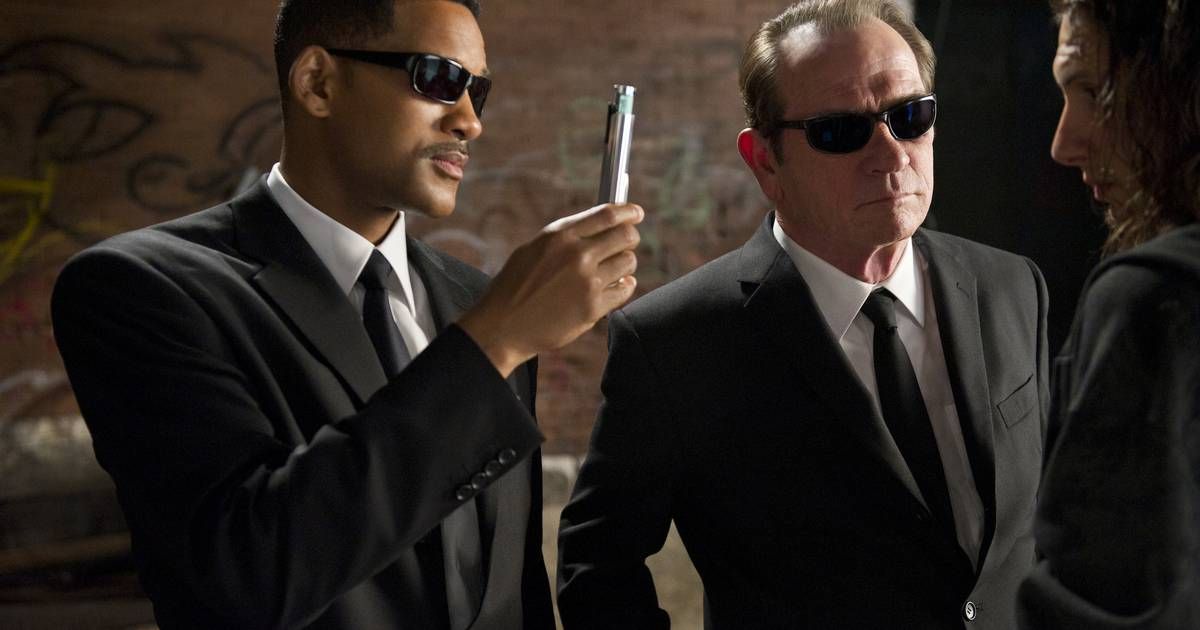
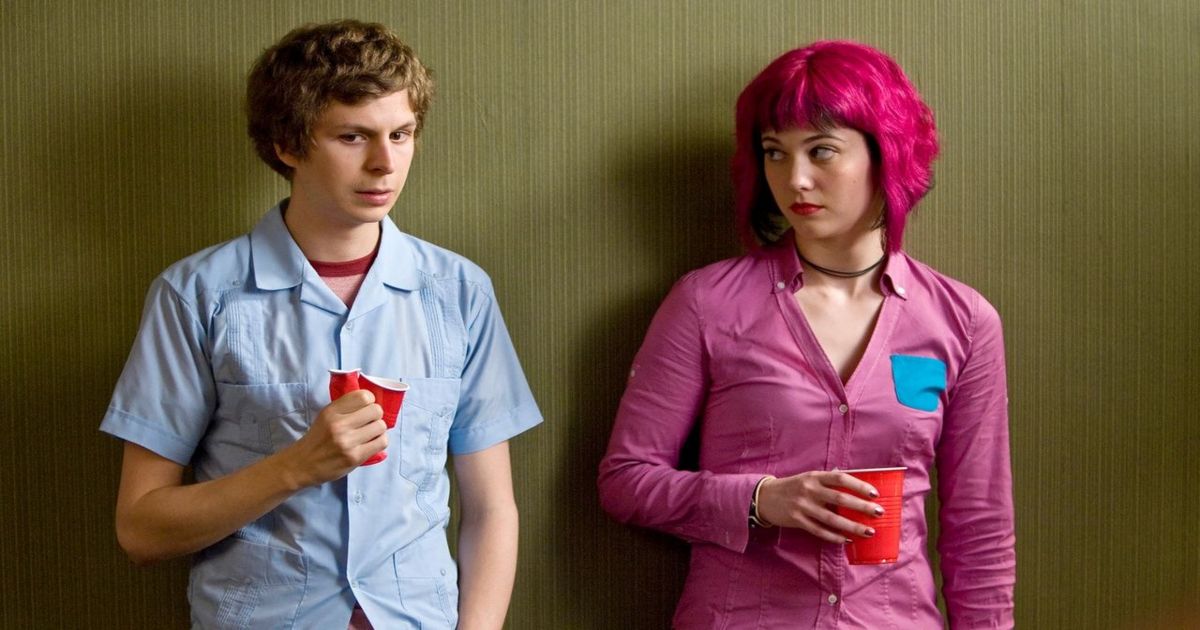
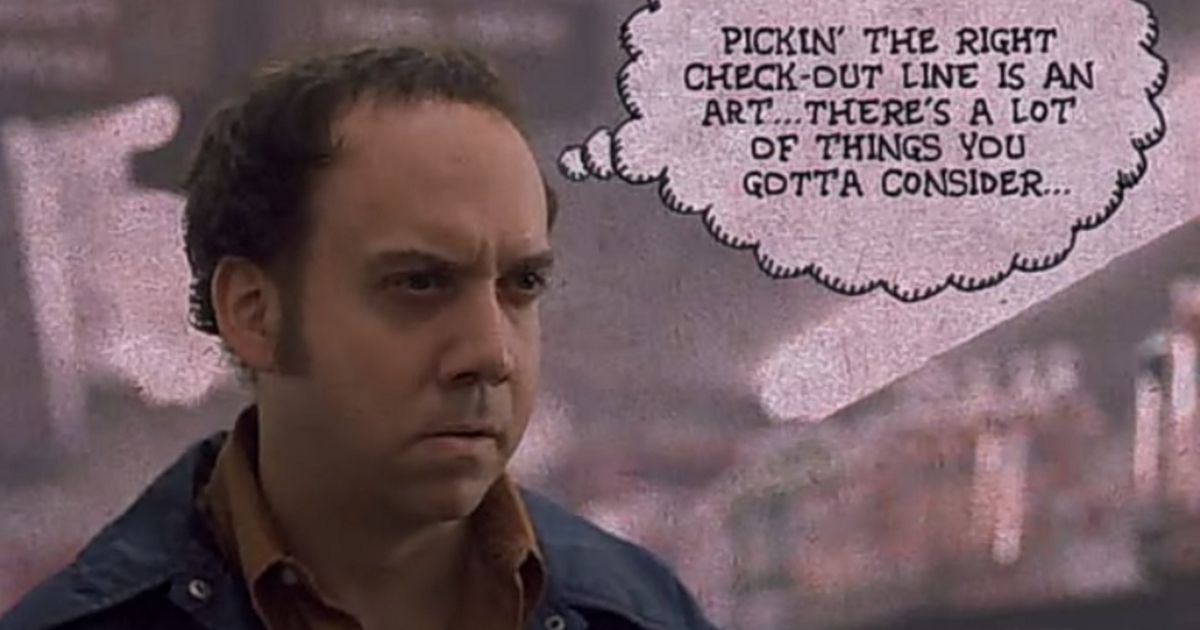
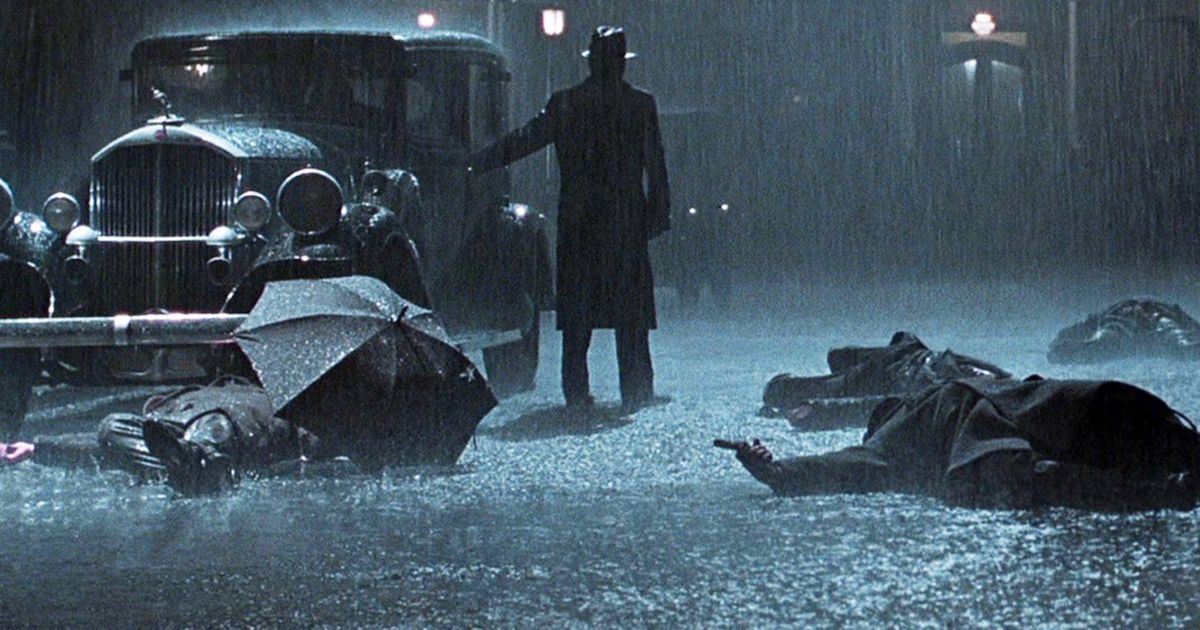
.jpg)
